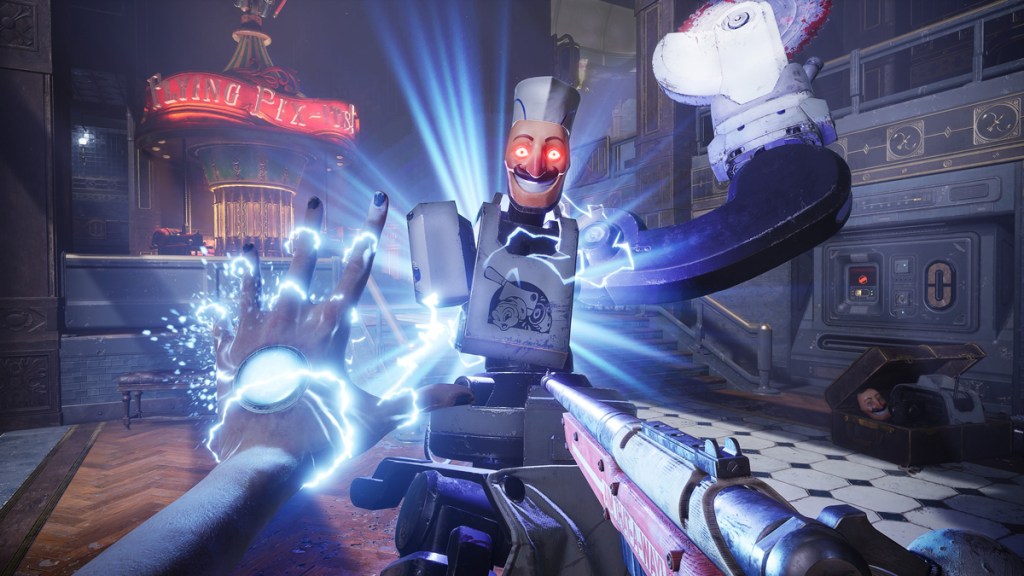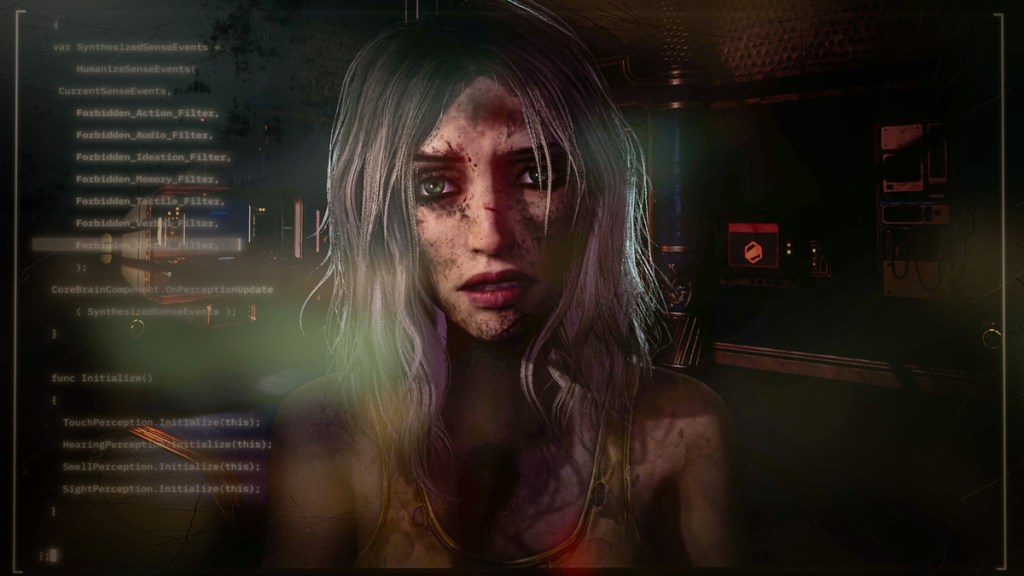Ken Levine has been working on the upcoming FPS Judas for about a decade and shared some story details in a recent interview. The former BioShock director described the setting, central conflict, and the relationship between the story’s main characters. He also discussed his modular “narrative LEGOs” approach to tell an immersive and reactive story.
Judas uses ‘narrative LEGOs’ to create a dynamic story
Ken Levine recently invited The Game Award’s Geoff Keighley and IGN’s Ryan McCaffrey to Ghost Story Games’ office in Boston. After letting them play an early build of Judas, he gave an interview where he provided some insight into the game’s story. Much of the conversation revolved around Levine’s effort to create a modular narrative using what he calls “narrative LEGOs.”

As Levine explained, these metaphorical LEGO bricks include dialogue, art, room layouts, loot, and encounters. The designers then create a system to combine the pieces based on the player’s actions. “So,” the Judas director explained, “when you decide to go, ‘I’m not doing that, I’m going all the way over here,’ then the game knows what to do…”
Levine also shared a bit about the upcoming game’s world and story. Judas takes place on a colony ship called the Mayflower that’s on it’s to the planet Proxima Centauri. The title character threw the ship into crisis by revealing that its leaders — The Big Three — were secretly androids. After Judas’ death and resurrection as a 3D-printed clone, she finds she’s the only human alive on the badly damaged Mayflower.
Judas’ only chance at survival is taking the Mayflower through the asteroid field surrounding Proxima Centauri. However, that requires getting help from one of the Big Three, who hate Judas and each other. Security chief Tom wasn’t to continue the original mission, while biologist Nefertiti wants to create a new civilization of perfect robots. Finally, Hope, the ship’s psychologist and matchmaker, wants to delete herself to escape the existential crisis caused by learning that she’s a robot. Helping one will anger the other two, leading to a dynamic story that evolves based on the player’s actions.





